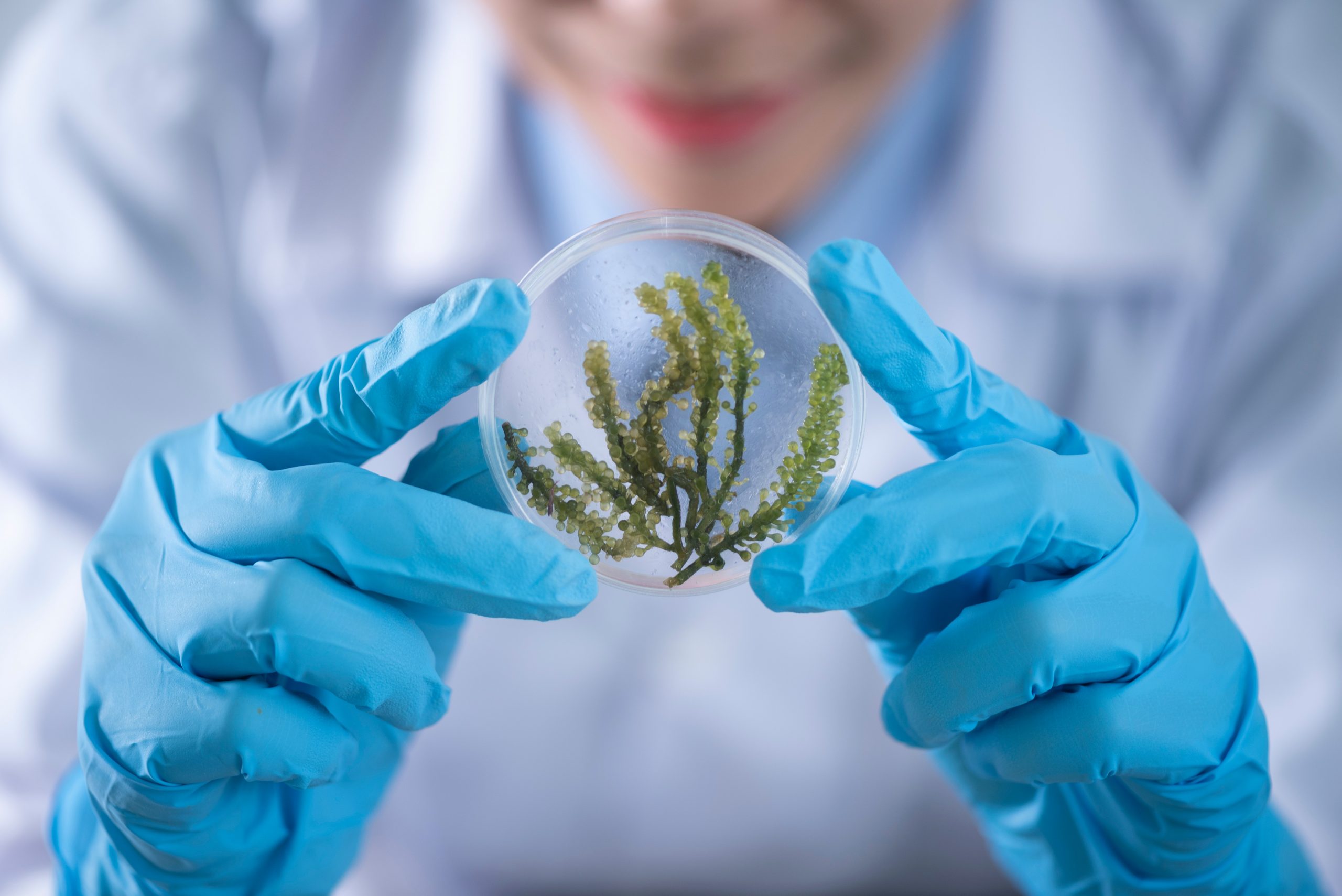Chemists to capture atmospheric methane with sugar
Can a carbohydrate actually suck methane, a greenhouse gas, directly out of the air? Researchers at the University of Copenhagen’s Faculty of Science are in the process of finding out. Methane gas is 86 times more potent than CO2 and one of the major contributors to global warming. It is estimated that methane accounts for 30 percent of all global warming from gaseous emissions. Megatons of it are released by way of agricultural animal production and many industrial processes. But imagine if we could use something as simple as sugar – or carbohydrates – to pull methane from the atmosphere, and in doing so, put the brakes on global warming and climate change.
Plant protection of the future may come from the plants themselves
At Aarhus University in Flakkebjerg, researchers are studying plants, plant health and plant diseases caused by microbial pathogens. The ability of plants to fight microbial pathogens such as bacteria and fungi is to a large extent determined by plant genes that regulate plant defence capabilities. In a new study, researchers from AU Flakkebjerg have studied how plants with different resistance traits interact with their microbes to respond to pathogen attack.
Ecolabels: Hype or hope for sustainable food choices?
Substantial reductions in meat consumption are required by 2030, if the UK is to deliver on its target of net zero carbon emissions. Ecolabels that give consumers information about the environmental impact of individual food products are the focus of much discussion around nudging people to make more sustainable choices. Of a range of policy options, labelling is one of the most accepted by the public, but can ecolabels actually change the foods that people select? We conducted a series of studies to try to understand how people might respond.

